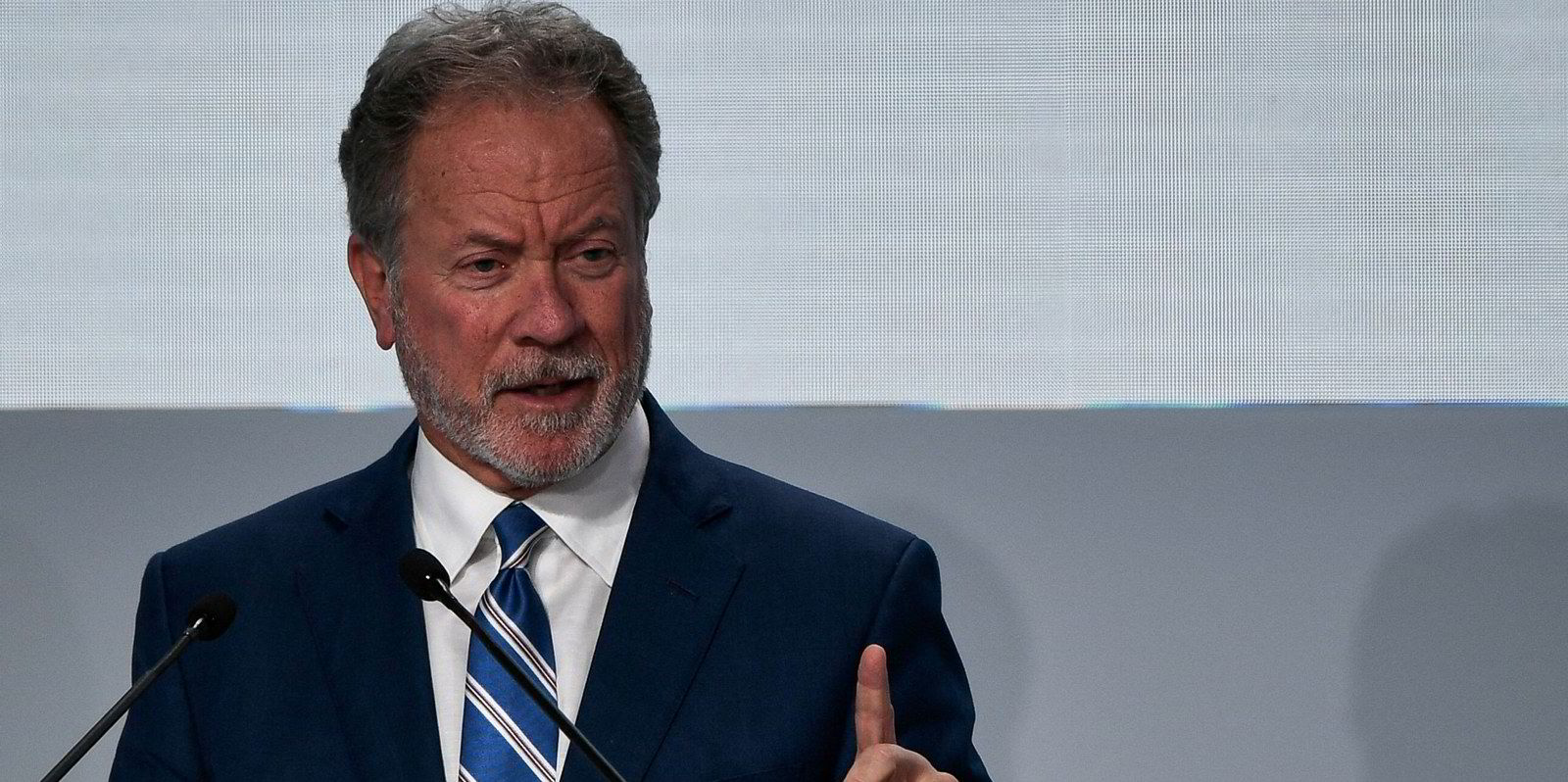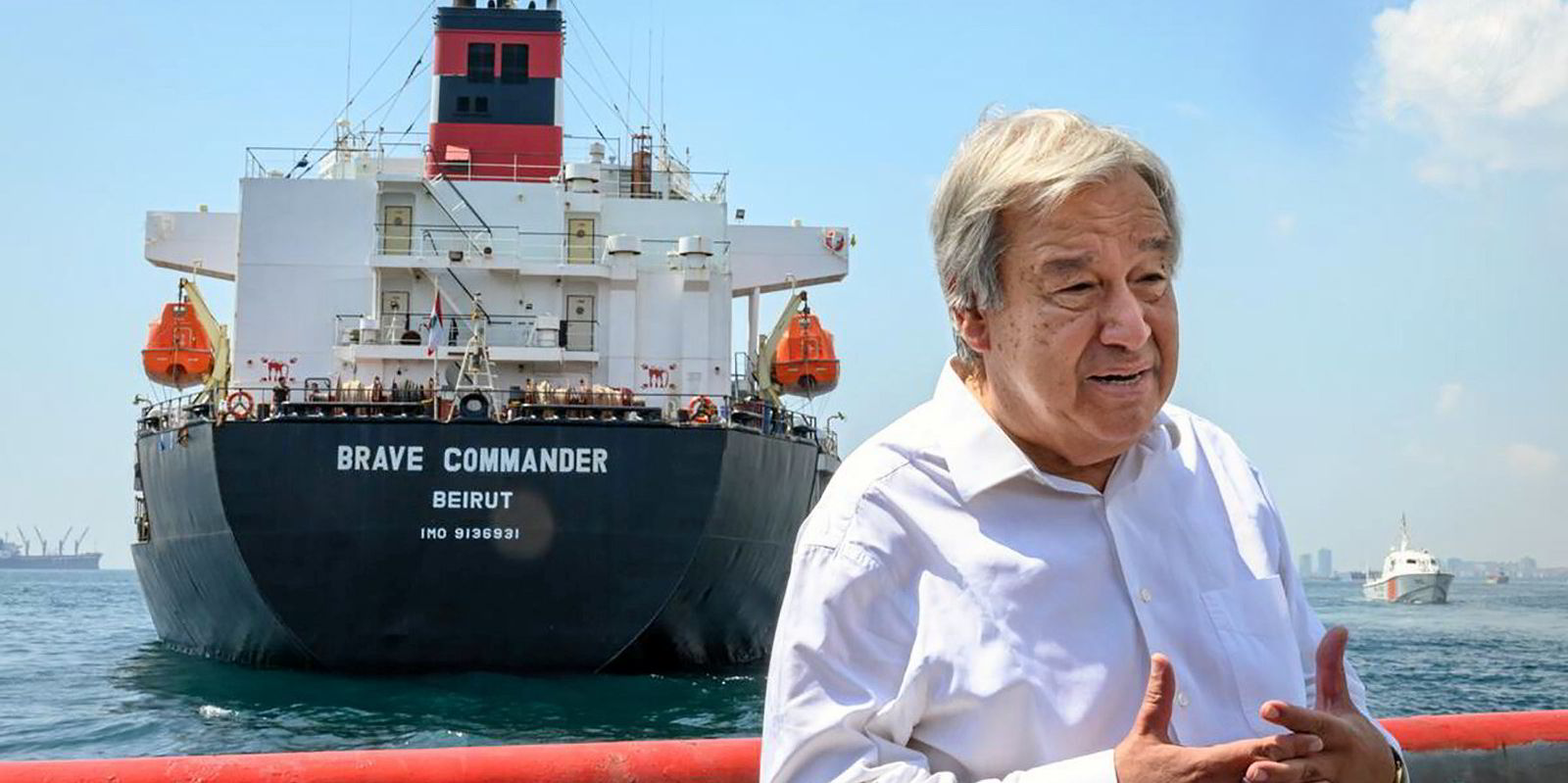As the clock winds down on the Black Sea Grain Initiative (BSGI), dry bulk owners joined a chorus of calls to renew the deal next week to stave off humanitarian disaster.
“The International Association of Dry Cargo Shipowners urges members of the Joint Coordination Centre for the Black Sea Grain Initiative to further extend this important humanitarian initiative when the current extension expires on 18 March,” Intercargo said in a statement on its website.
Intercargo’s statement echoes those of other stakeholders earlier this week about the importance of keeping fertilisers flowing out of the region and ammonia, which is their main component.
More than seven months after the BSGI got up and running, fertiliser and ammonia shipments out of Ukraine “have not yet commenced”, even though they formed an explicit part of the agreement, according to the association.
These materials “are essential to avoid a global food availability crisis in 2023 due to continued high fertiliser prices”, Intercargo said.
The head of the United Nations World Food Programme (WFP) told UK lawmakers on Monday that in the absence of Ukrainian fertiliser exports, Russian ones are necessary to avoid a wave of hunger and refugees in starving countries.
Half the world’s food production and consumption depends on fertilisers, and with Russia being a major manufacturer, its exports are essential to maintain food security, WFP executive director David Beasley said.
“I don’t care if you love or hate Russia… if you want to have hell on earth, don’t take their fertiliser,” he said.
Russia, however, hinted on Thursday that it may not agree to a renewal of the BSGI, citing continued obstacles to its own grain and fertiliser exports under Western sanctions.
“Sanctions prohibit Russian ships with grain and fertilisers from entering … ports, foreign ships to pick up these cargoes … [Russian bank] Rosselkhozbank JSC to use the Swift [interbank] system,” the country’s foreign minister Sergei Lavrov told journalists in Moscow.
Under the terms of the agreement between the UN, Russia, Ukraine and Turkey, the BSGI is extended automatically for four months “unless one of the parties notifies the other of the intent to terminate the initiative, or to modify it”.
More than 23m of wheat, barley, maize, sunflower and sunflower oil have been exported out of Ukraine under the BSGI, in more than 800 vessel movements.
Despite hundreds of ships having travelled without a glitch in the region since August, Intercargo stated on Thursday that safety, say from mines, was still a major concern.
Owners and operators should continue “using all resources available to ensure safety of navigation and to continue to put the safety of bulk carrier crews to the forefront of any commercial decision”, the association said.





